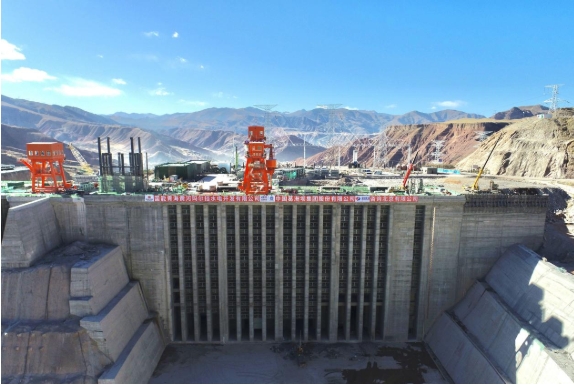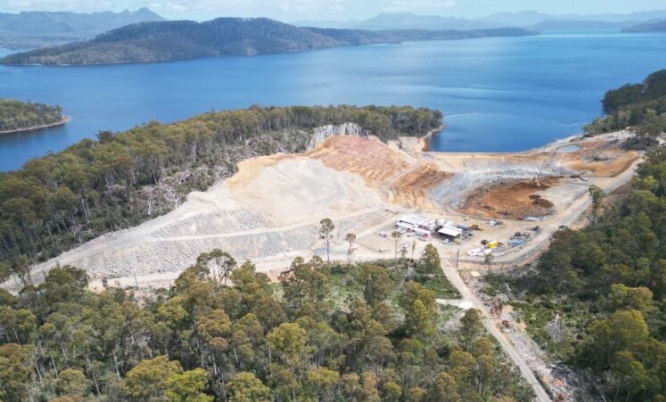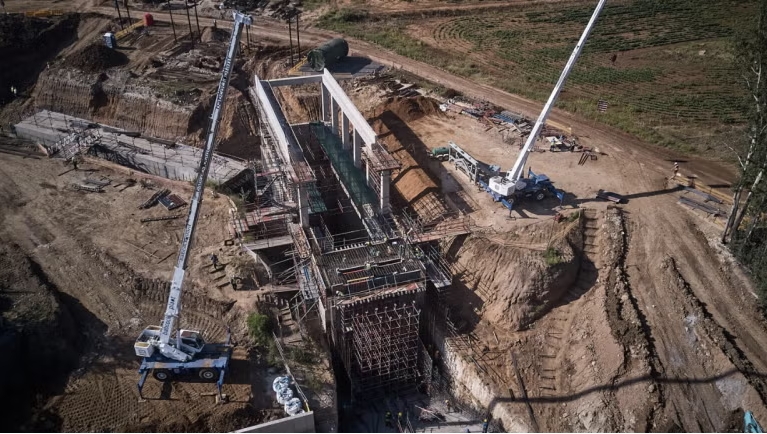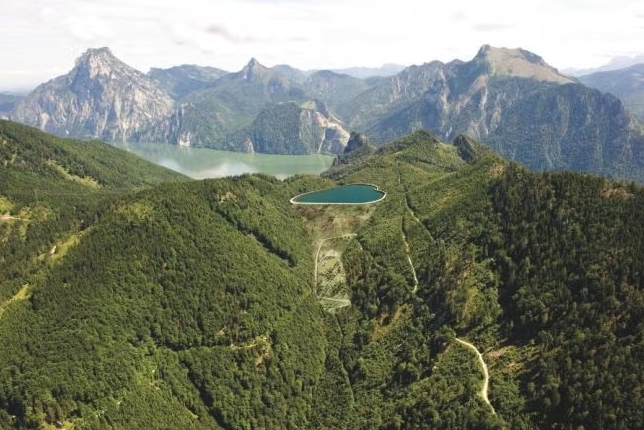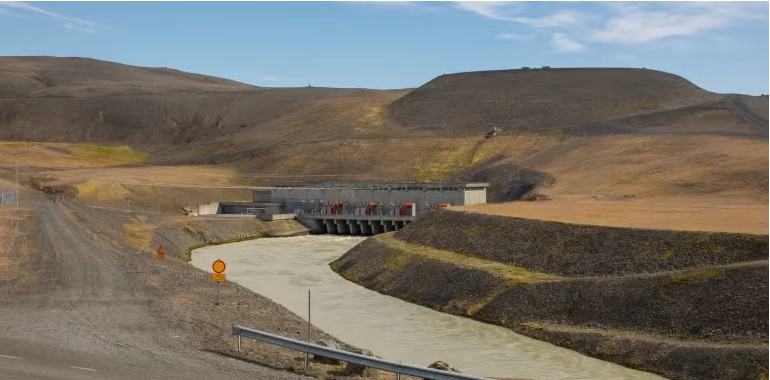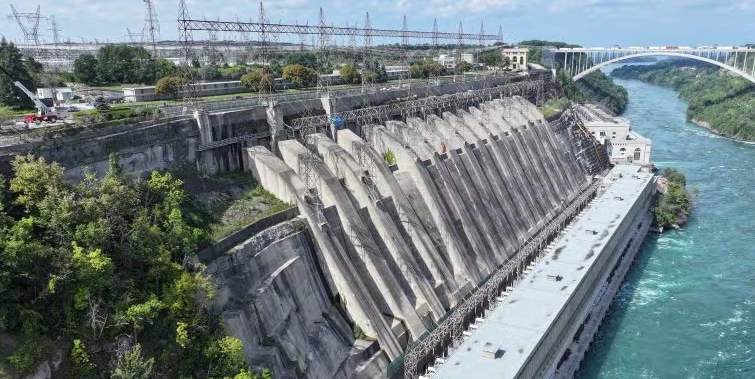The Namibian and Angolan governments have agreed to start construction of the Baynes Dam along their common border in 2021. The reservoir will operate with a hydroelectric power plant that will provide 600 MW to both countries.
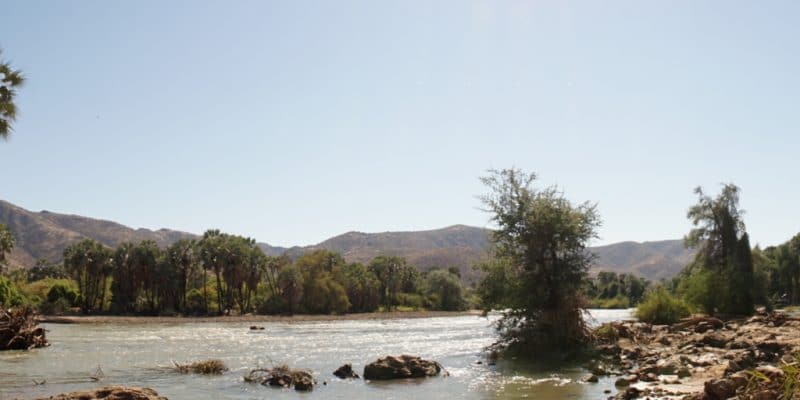
Namibia and Angola want to accelerate the Baynes hydroelectric project. The Energy Ministers of the two countries recently signed an agreement, which will allow the launching of a call for tenders to select the company, which will build the future dam and its hydroelectric plant. The two governments plan to start work in 2021 and commission the facilities in 2025.
“If we keep to the schedule of the agreement, we will be able to meet the deadlines, as there is great interest in this bi-national project,” says João Baptista Borges, Angola’s Minister of Energy and Water. In order to achieve their common goal, Namibia and Angola will have to invest $1.2 billion.
A rockfill dam with concrete lining
The Baynes hydroelectric project is strategic for both countries. On the Namibian side, the government wants to reduce the country’s dependence on electricity imports, particularly from South Africa. This electricity has become more expensive since the beginning of the crisis facing the South African state-owned company Eskom. In Angola, the government wants to diversify its electricity mix, which is largely dominated by fossil fuels, including oil.
The Baynes dam will be built on the Cunene River, which serves as a natural border between the two countries. The reservoir will be located 200 km downstream of the Ruacana hydroelectric power station in Namibia with a capacity of 330 MW. Baynes is a concrete-lined rockfill dam with a height of 200 m. Its reservoir will be 43 km long with a maximum width of 4 km. The area flooded by the reservoir would be 57 km² and would contain more than 2,650 million m³ of water.
A capacity of 600 MW
The Baynes dam will operate with a hydroelectric power plant with a capacity of 600 MW. Electricity will be shared equally between Namibia and Angola (300 MW per country). According to NamPower, the state-owned company that distributes electricity in Namibia, the dam will operate like the Ruacana dam.
Specifically, during the rainy season, the Baynes power station will operate at full capacity, while during the dry season, the generators will only run at full capacity during average and peak periods, while 71 MW will be produced during off-peak periods.
